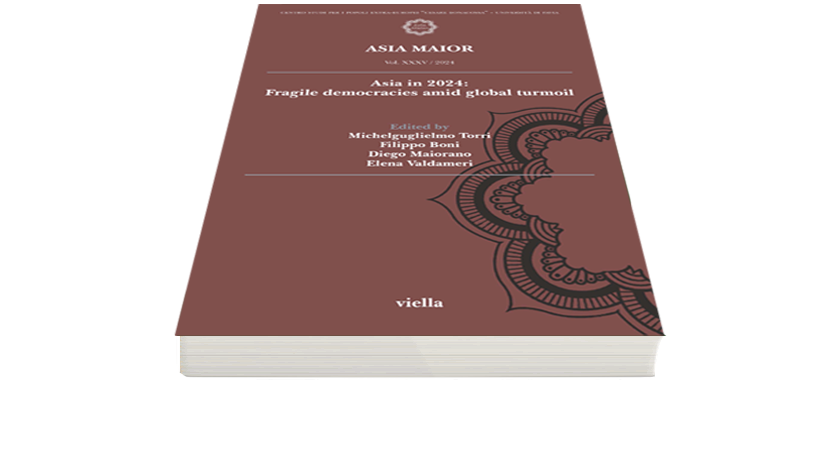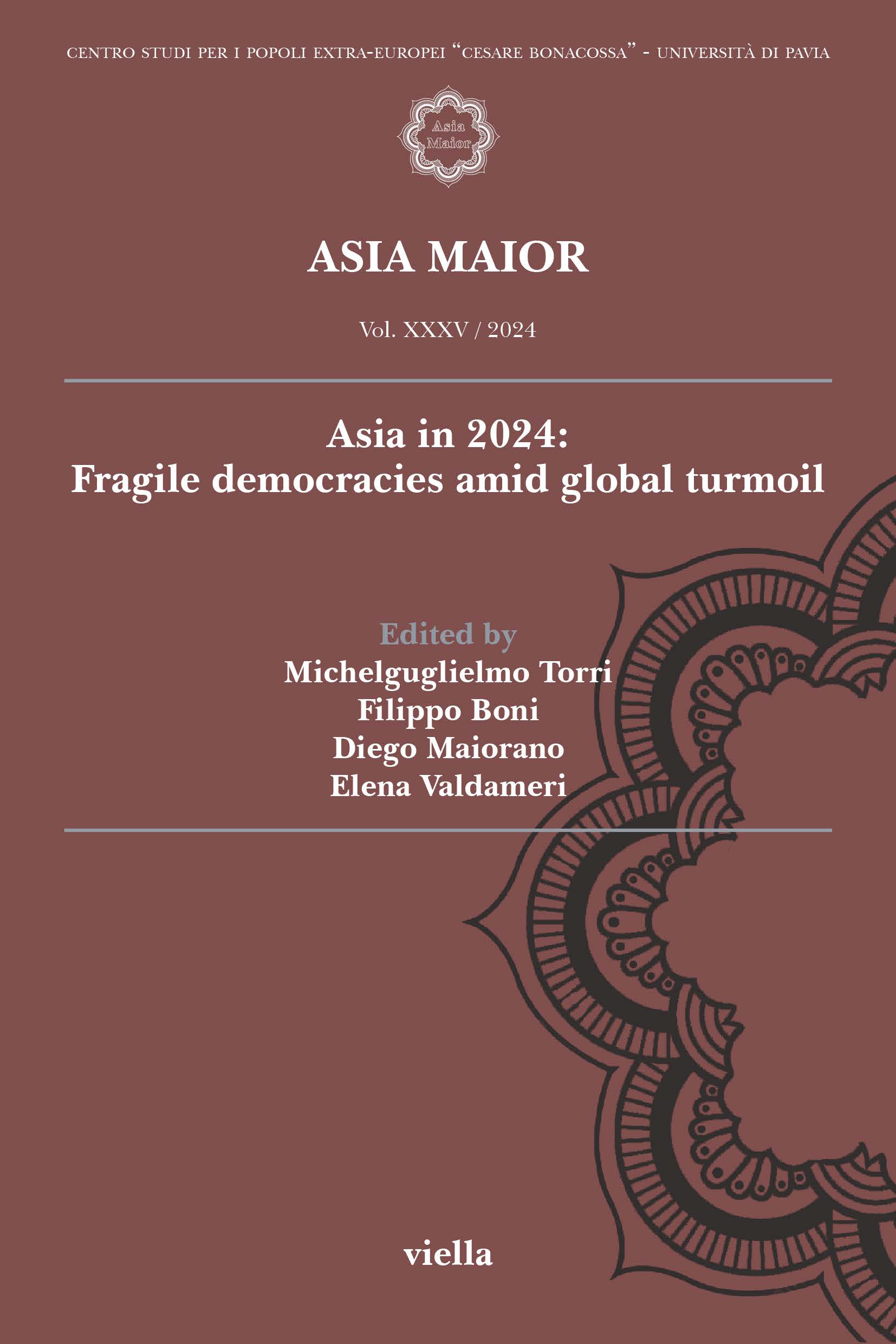Sri Lanka 2016: Does the new era continue?
Available also in pdf – Download Pdf –
The year under review witnessed the continuation of the new political phase in Sri Lanka, which began in 2015 with Mahinda Sirisena’s victory at the presidential polls and, later in the year, the electoral victory of the United National Front for Good Governance (UNFGG) led by the United National Party (UNP). The Sirisena administration and the National Unity Government appeared to be engaged in reestablishing of the rule of law and the implementation of reconciliation measures. However, like in 2015, the government’s efforts appeared to often be slow, limited and hesitant. Nevertheless the Unity Government was able to carry out at least some substantial democratic reforms. In foreign policy, Colombo strengthened the relations with the United States and India but, at the same time, revamped those with Beijing – which had appeared to be on the wane during 2015. From an economic point of view, the situation – which at the beginning of the year under review seemed to be positive and promising – later deteriorated, raising doubts about the government’s political will and ability to implement economic reforms. Nevertheless, when presenting the new budget in November, the government’s dual goals of addressing the systemic weaknesses of the economy and improving the conditions for the lower social strata were both in evidence.









































